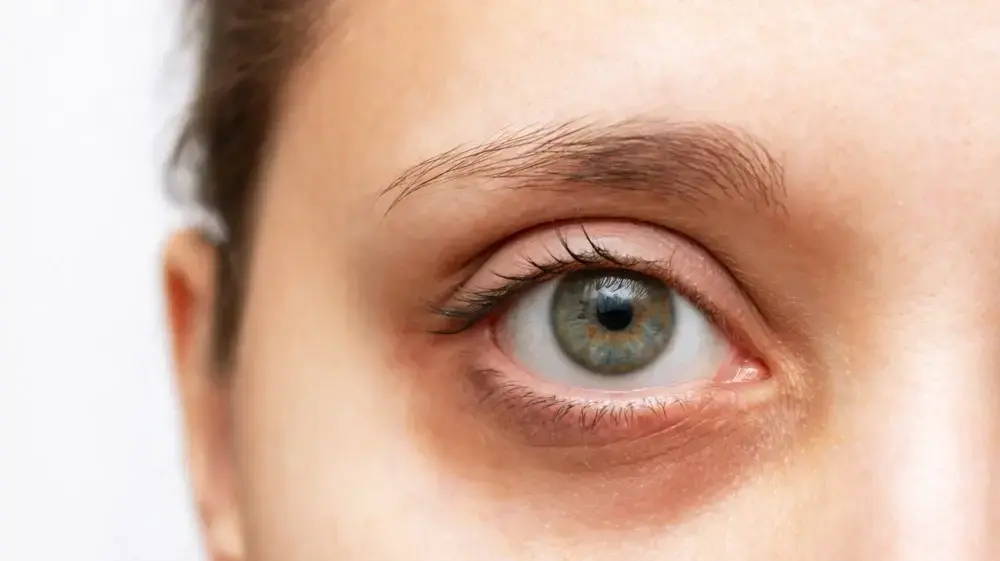The alarm goes off, the hand pushes the alarm away: only five minutes of slumber.
Many consider snoozing in the morning to be unhealthy.
Is that correct?
There are two types of people: those who wake up in the morning, feel rested, and just wake up.
And those who have to torture themselves out of bed every day - and who sometimes really appreciate the snooze button on their alarm clock.
Some even set it earlier to have enough time to doze off.
The snooze button's reputation, however, is bad.
In English they say: "
You snooze you loose
", that is: Who snooze, loses.
It is also claimed that slumbering is harmful to health.
Is there something to it?
"It's very individual," says sleep specialist Prof. Kneginja Richter from the Nuremberg Hospital.
The decisive factor is how exactly the key is used.
“If someone only snoozes once or twice and thus starts the day gently, that's no problem at all,” says Richter.
"
Actually, it is actually good to wake up without stress *
." It is best to use the minutes until the next ring, for example to think about what the day will bring and to wake up slowly, advises the expert.
She is a member of the German Society for Sleep Research and Sleep Medicine.
Avoid endless snoozing by analyzing your own sleep behavior
However, it becomes problematic when someone is so tired that they simply fall asleep again.
"Anyone who snoozes endlessly in the morning and repeatedly wakes himself up briefly is doing himself no favors," says Richter.
Often one is even more tired during the day.
In such cases it is important to find the cause of this behavior.
"If someone wakes up rested anyway in the morning
, it never occurs to them to snooze that long
."
In order to get enough sleep and wake up
refreshed, you should know what type of sleep you are - and structure your everyday life accordingly
.
About 70 to 80 percent of all people sleep best between 11.30 p.m. and 7 a.m.
The remaining 20 to 30 percent belong to the so-called larks or owls.
While larks get tired early in the evening and are wide awake early in the morning, owls can stay awake until late at night and like to sleep long.
The larks tend to be older and women, while the owls tend to be younger and men.
The internal clock also plays an important role.
Many short sleepers have almost a 24-hour rhythm that harmonizes perfectly with our set 24-hour day.
Other people have
rhythms of up to 25 hours
, which can lead to so-called social jetlag with permanent lack of sleep - and thus to health problems.
Also read
: Morning person or night owl?
Why you better get up early now.
The story of the snooze button
Not having your alarm clock or cell phone next to your bed can help you get used to snoozing.
The inventors of the alarm clock had already thought very differently, as the historian Johannes Graf explains.
"
Originally, alarm clocks weren't even on the bedside table, but were integrated into wall clocks,
" says the deputy director of the German Clock Museum in Furtwangen (Baden-Württemberg).
So to turn off the alarm, people had to get up.
The snooze button for convenient operation from bed appeared at the beginning of the 20th century
.
In the meantime, the much smaller, mobile clock with a handle had replaced the wall clock.
This was not only more flexible, but could also be produced more cheaply and was therefore accessible to more people.
On April 22, 1913, a certain Robert Türck registered a patent for a device for these mobile clocks in Zurich, which "after the bell has been issued for the first time, connects a repeated triggering with the movement".
In short: the snooze button as we know it today was born.
(dpa) * Merkur.de belong to the Germany-wide Ippen digital editorial network
.
Sources: Profile Kneginja Richter;
German Clock Museum in Furtwangen;
Depatis: Original patent for the "repeating alarm clock with switch off"
Read more
: Sleep disorder announces dementia: Researchers find surprising connection.
With these eight tricks, you will never sleep badly again
With these eight tricks, you will never sleep badly again







